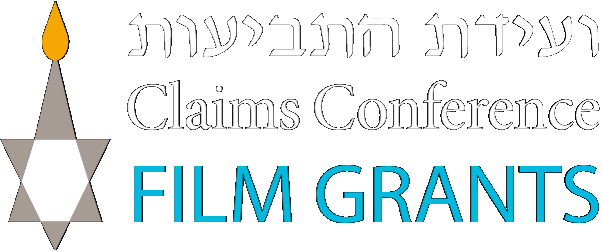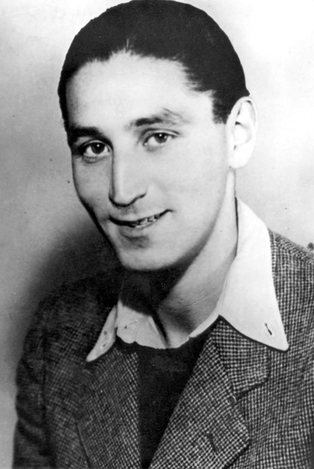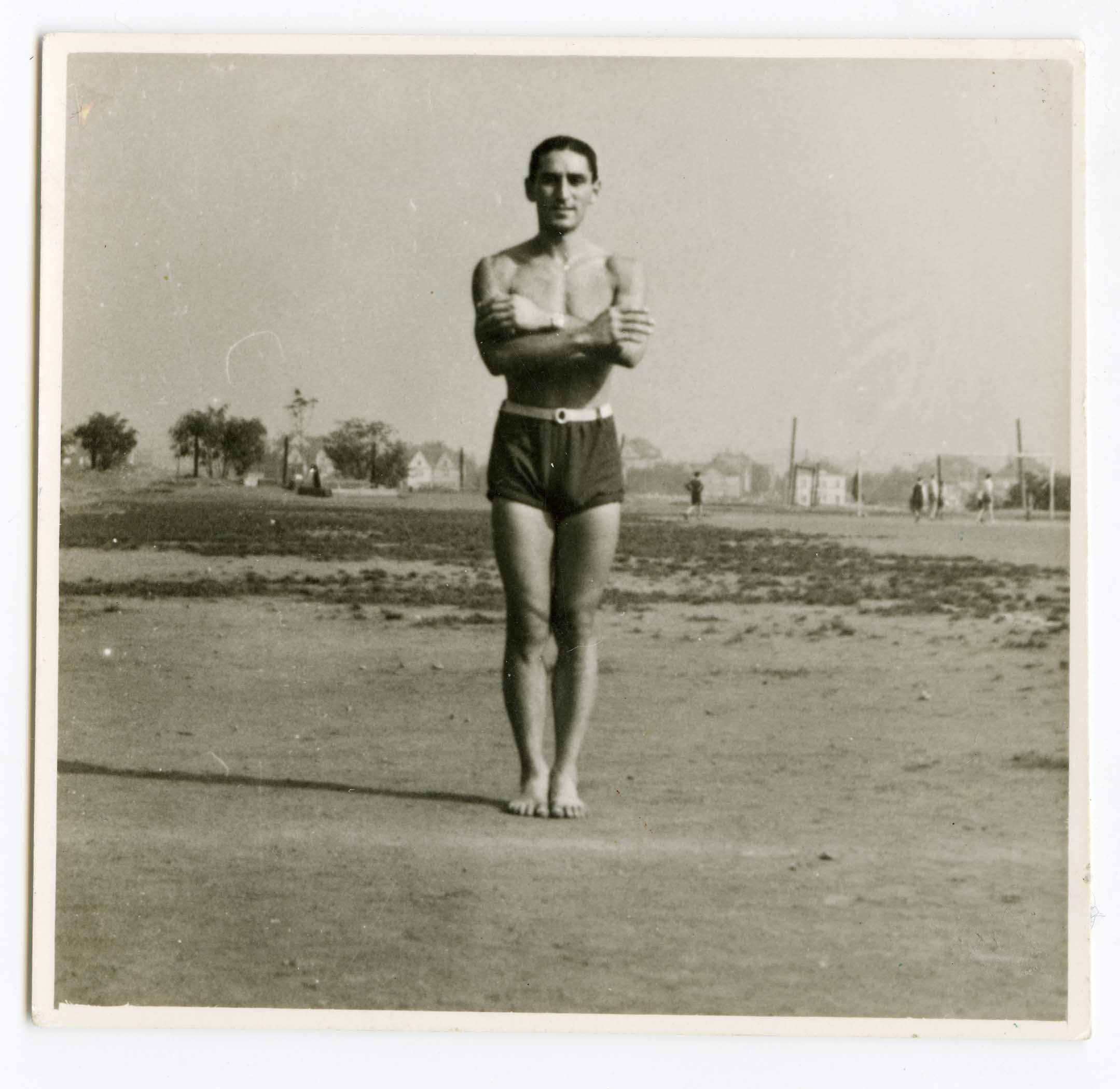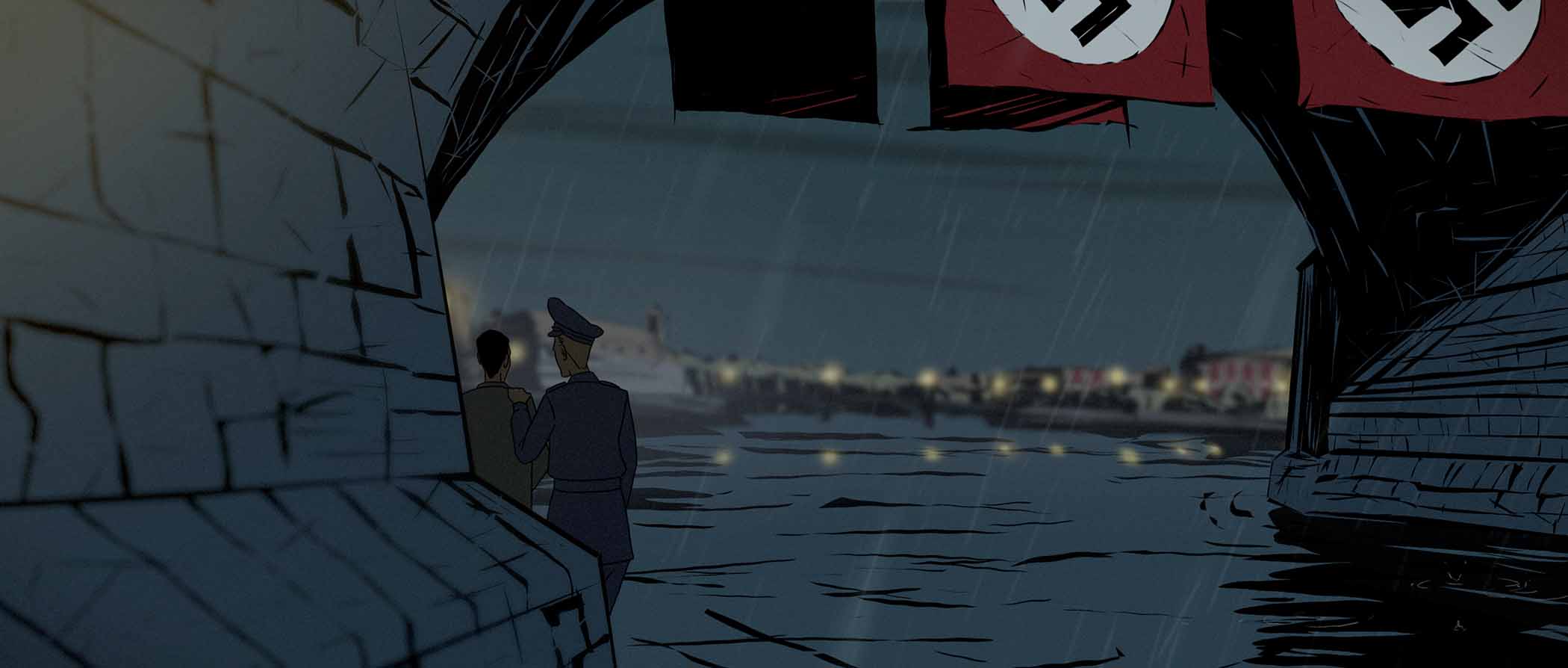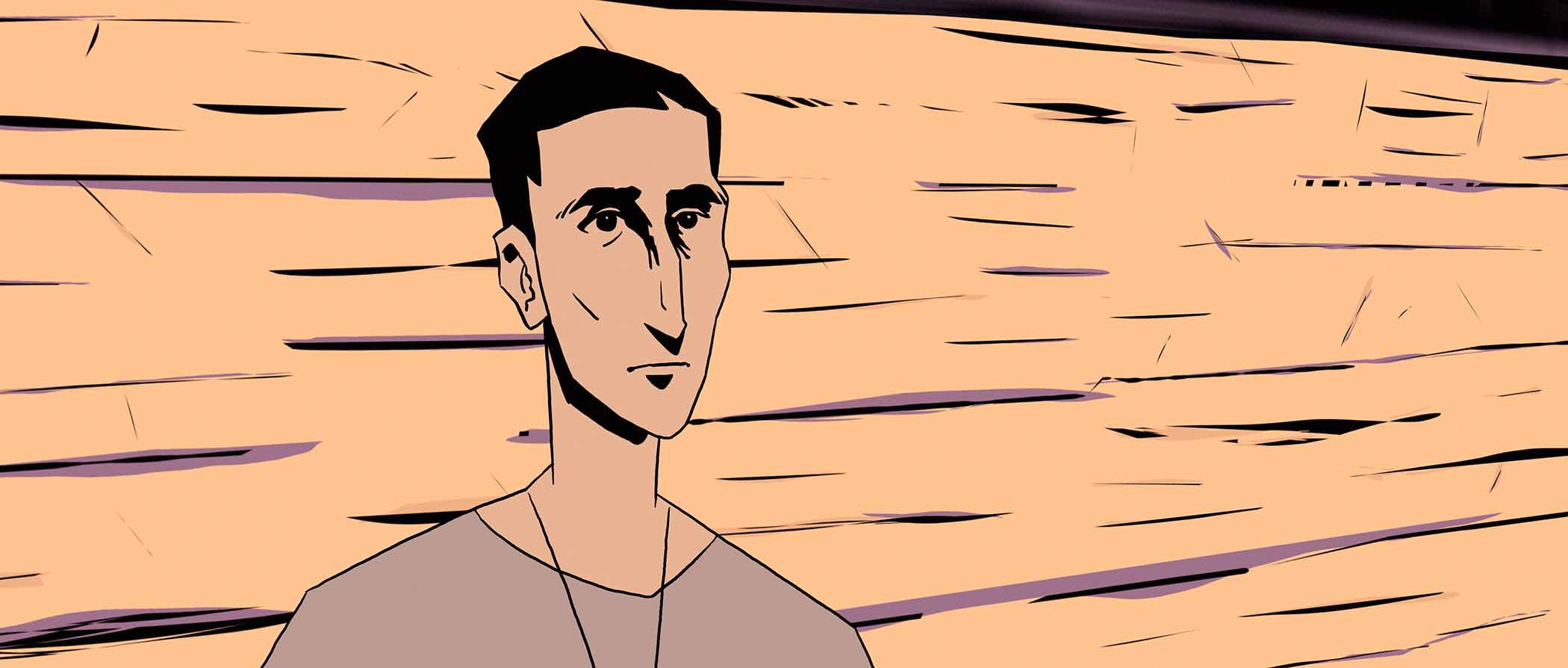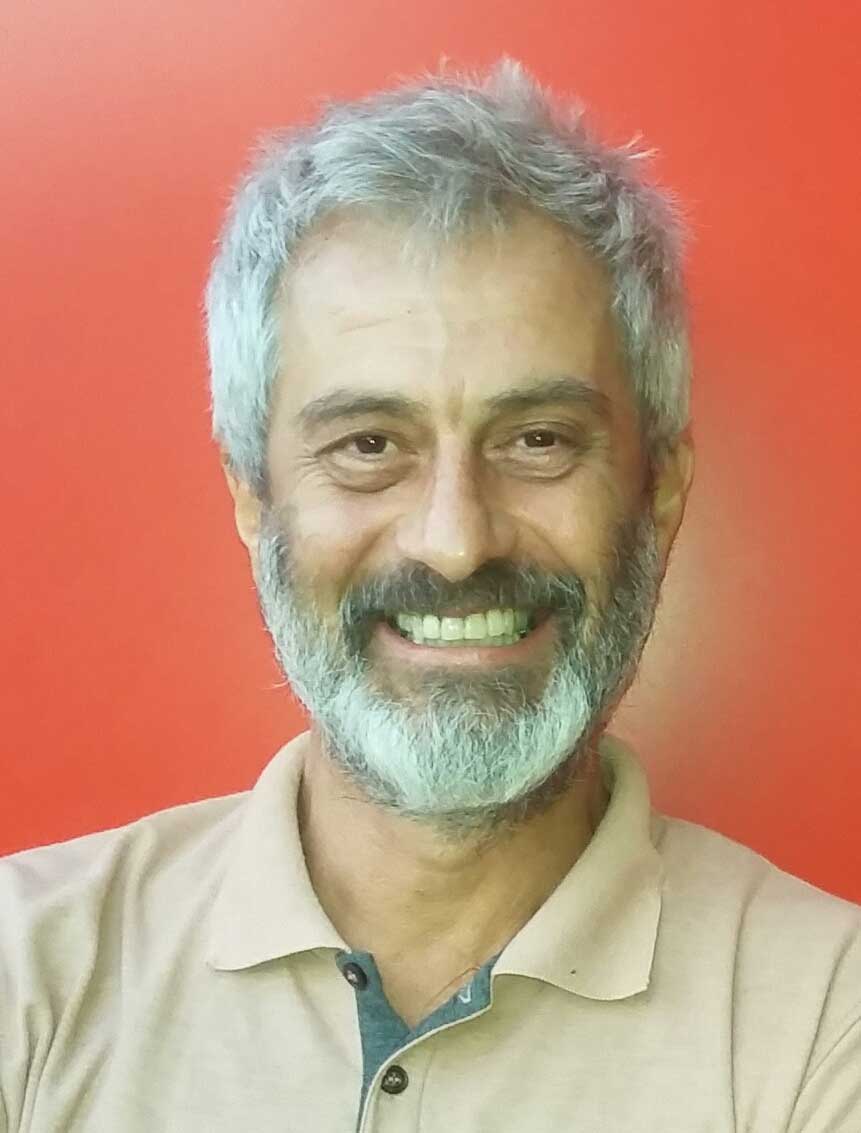Fredy Hirsch was a proud homosexual Jew. He ran a daycare center for 600 kids in Auschwitz. Freddy was admired by his kids and fought to his last breath to maintain their human dignity. His death on the eve of a revolt he led has remained a mystery until this film.
Synopsis
Fredy Hirsch was a proud Jew and openly gay man living in Nazi-occupied Europe during WWII. As a 19-year-old he fled from Germany to Czechoslovakia with the publication of the Nuremberg Laws. He began working as a sports teacher in a Jewish youth club, and soon became his students’ object of admiration. With the deportation of the Jews to Ghetto Terezin (Theresienstadt), Fredy was appointed head of the youth department and nurture more than 4,000 youth. When he arrived in Auschwitz, Fredy did not succumb to despair. He persuaded Mengele to set up a daycare center for children and youth and granted some 600 children their final moments of happiness. It might be that in Auschwitz, for the first time in his life, Fredy Hirsch didn’t experience homophobia. He had a lover, he was out and people respected and loved him for all the good things he did. Together with members of the underground in Auschwitz, he planned a revolt that never came to pass, following his death, which remains a mystery, and which this film attempts to reveal.
The film combines interviews, archival materials and animation.
About the Director
Rubi Gat is an independent filmmaker. Until 2010, Rubi worked as the chief video editor for the BBC in Jerusalem. As an independent filmmaker, his works include: Liga Terezin (2015), which was presented as a part of the European Union Sport Association’s program for combating violence and racism; Dear Fredy (2017) – for Israel television’s Channel One (“Kan”), which tells the story of Fredy Hirsch, a Jewish educator who lived as an open homosexual in Nazi Germany and directed a daycare facility for 600 children in Auschwitz; it was presented at more than 50 film festivals worldwide and won three international prizes; Not a Hero (2020) – for Yes Doc. “Some of the most beautiful moments I have ever viewed in documentary cinema on the subject of disabilities” (Ariana Melamed, HaAretz, December 3rd, 2020). He also authored the book Rock, Paper, Scissors [Hebrew] (Jerusalem, 2001).
Artist Statement
In the Jerusalem neighborhood where I grew up, there were people with numbers on their arms. I didn’t really know what it meant, but I knew that it had something to do with the Holocaust. And the Holocaust had a special day that started with sirens, after which they would show us black-and-white films with corpses, piles of corpses. As a child I would turn my head aside, I couldn’t look at the horror – and yet that is the only part of those films that I remember. Today I’m sorry that I missed the opportunity to hear the stories of the people among whom I grew up, who had come from there, from the inferno. But the way in which they presented the Holocaust to Israeli children was almost brutal. I hope to tell their story in a way that is slightly easier to digest.
On 2015 I visited the Terezin Museum. My guide at the museum pointed to the picture of a young man with neatly combed hair and said, “That’s Fredy Hirsch. He was responsible for adolescent education in the Terezin ghetto. There are a few pictures of Fredy in the exhibition, all of them black and white; in most of them Fredy is standing without a shirt, gazing directly into the camera, posing like someone who’s proud of being fit – a real hunk. “He was gay,” the guide added in a half-whisper. Of course my ears pricked up; I realized that this is a story I want to tell.
Holocaust memorialization is undergoing a transformation these days. Survivors, testimony-givers, are disappearing. Future Holocaust films will have a different pace and will use novel techniques such as animation, new media and personal/artistic expression on the part of those whose exposure to the Holocaust came at second or third hand. Dear Fredy is a Holocaust film that straddles the line between past and future. It gives voice to the last people who knew Fredy personally, while also featuring animation that enlivens the story.
The film also provides a framework in which I can actualize my commitment to the broader circles in which I live –the LGBT community and Israeli society. I believe that the history of the LGBT community must be told, that those who came before us should be honored and that gays who played a role in composing our narrative should be memorialized. I also want to fight the homophobia that underlay the museum guide’s words, and that may itself constitute one of the reasons why, even in today’s relatively open society, efforts to perpetuate the memory of Fredy Hirsch have been so half-hearted.
Festivals, Screenings, & Awards
Houston International LGBTQ Film Festival
– Winner: Houston Film Critics Society Award Grand Jury Prize
Warsaw Poland LGBT Film Festival
Jewish International Film Festival
Miami Jewish Film Festival
